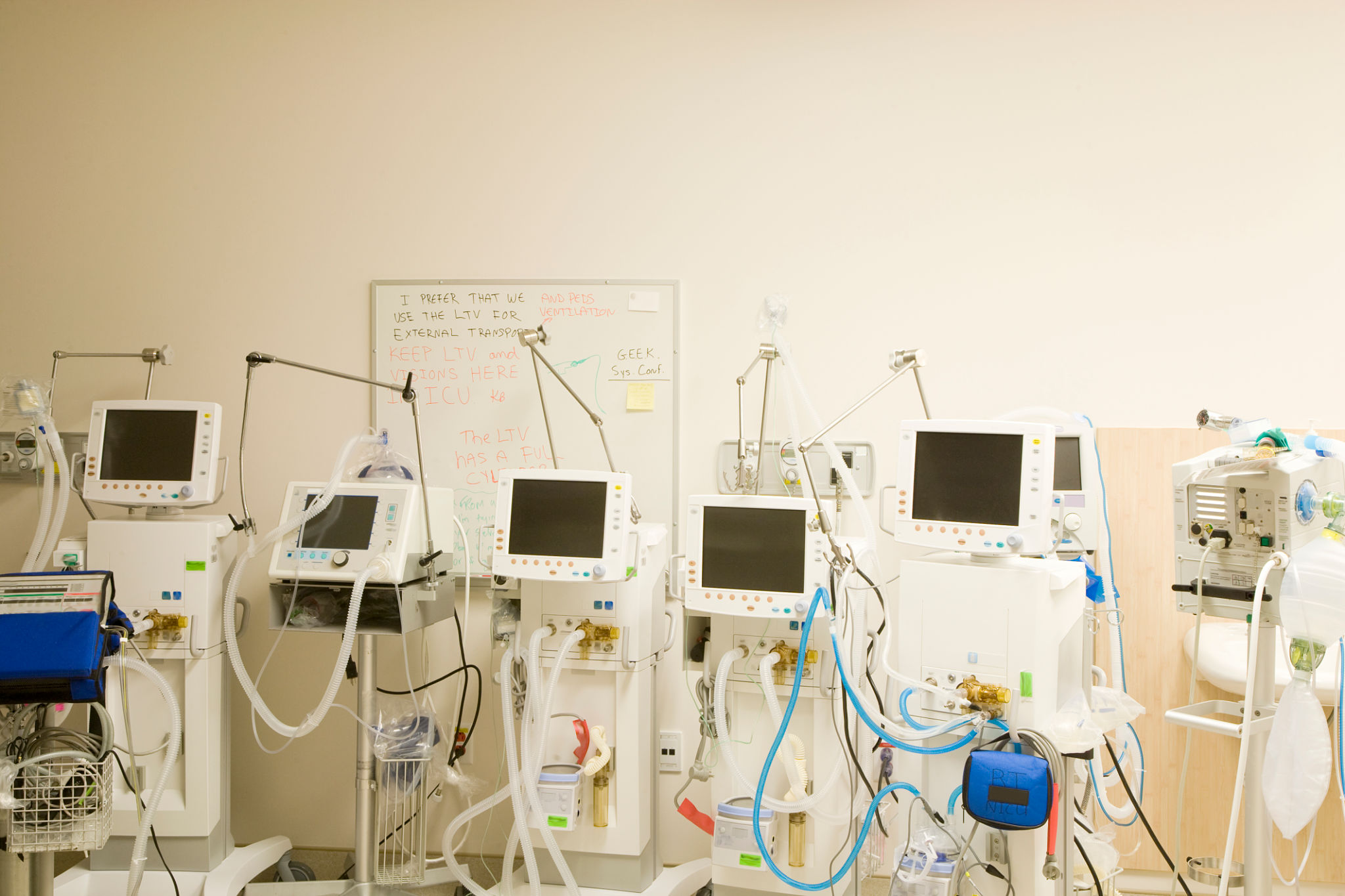Top 5 Misconceptions About Healthcare Equipment Logistics Debunked
Understanding Healthcare Equipment Logistics
In the complex world of healthcare, logistics plays a crucial role in ensuring that the right equipment reaches the right place at the right time. However, there are numerous misconceptions about healthcare equipment logistics that can lead to misunderstandings and inefficiencies. Today, we aim to debunk the top five misconceptions surrounding this critical aspect of healthcare operations.

Misconception 1: Logistics is Only About Transportation
One common misconception is that logistics is solely concerned with the transportation of equipment. While transportation is a vital component, logistics encompasses much more. It involves the entire supply chain process, including inventory management, warehousing, and distribution. Effective logistics ensures that equipment is not only moved efficiently but is also stored and managed properly to maintain quality and functionality.
Misconception 2: All Equipment is Treated Equally
Another myth is that all healthcare equipment is treated equally within the logistics process. In reality, different types of equipment require distinct handling and storage conditions. For instance, some medical devices may require climate-controlled environments to prevent damage. Understanding these nuances is essential for maintaining equipment integrity and ensuring patient safety.

Misconception 3: Logistics Costs Are Fixed
Many believe that logistics costs are fixed and cannot be optimized. However, this is far from true. By implementing strategic planning and utilizing advanced technologies, healthcare facilities can significantly reduce logistics costs. Efficient route planning, bulk purchasing, and utilizing real-time tracking systems are just a few ways to optimize expenses without compromising service quality.
Misconception 4: Technology is Not Essential
Some may assume that technology plays a minimal role in healthcare equipment logistics. On the contrary, modern technology is indispensable. From automated inventory systems to sophisticated tracking software, technology enhances accuracy, efficiency, and transparency throughout the logistics process. Embracing technology can lead to improved patient outcomes and more streamlined operations.

Misconception 5: Delays Are Inevitable
Lastly, there's a belief that delays in logistics are unavoidable. While challenges can arise, proper planning and contingency measures can minimize disruptions. Building strong relationships with suppliers, maintaining a flexible supply chain, and conducting regular risk assessments are key strategies to prevent delays and ensure timely delivery of essential equipment.
In conclusion, understanding and addressing these misconceptions can significantly improve healthcare equipment logistics. By recognizing the comprehensive nature of logistics, customizing handling procedures, optimizing costs, leveraging technology, and preventing delays, healthcare facilities can enhance their operational efficiency and ultimately provide better care for patients.
